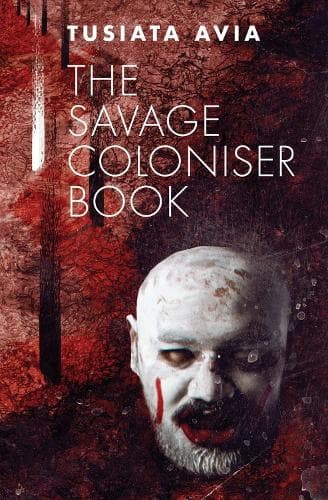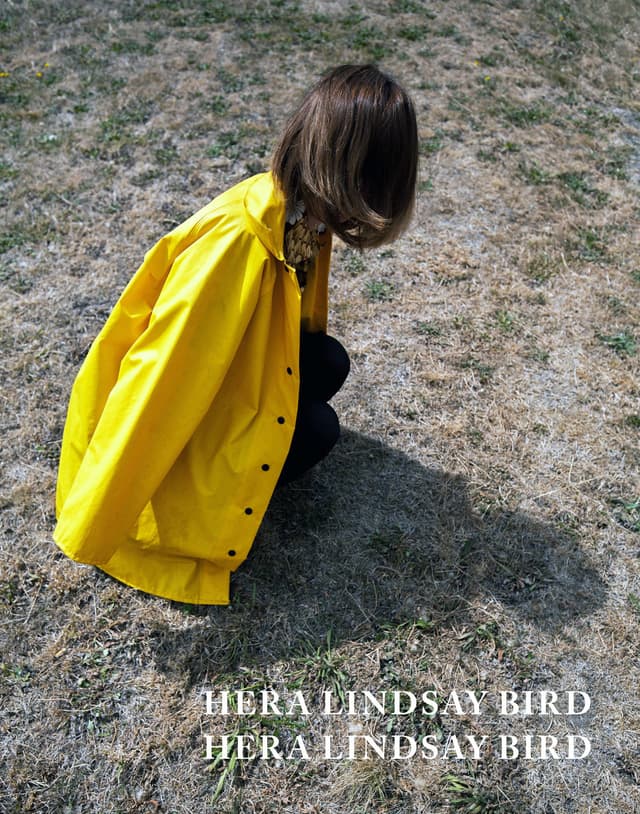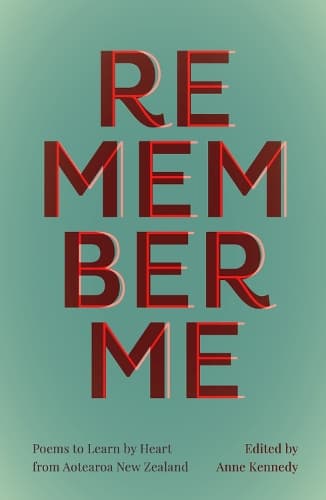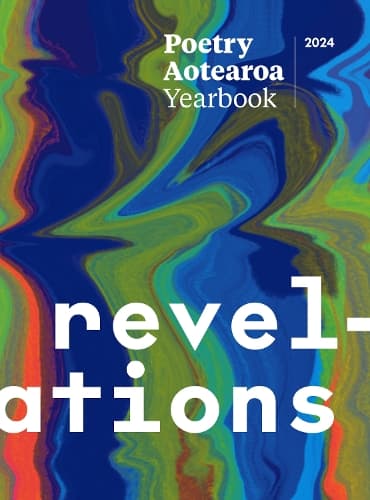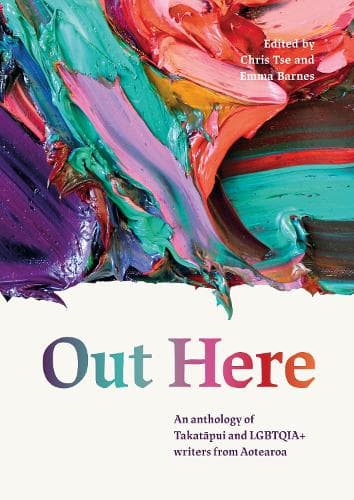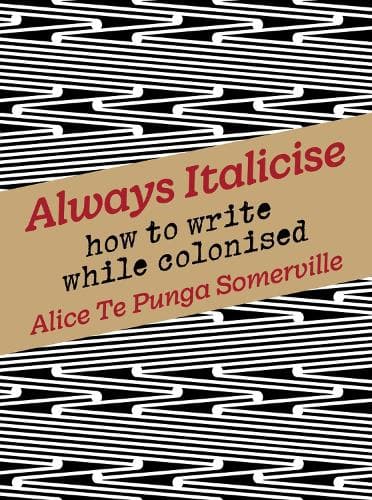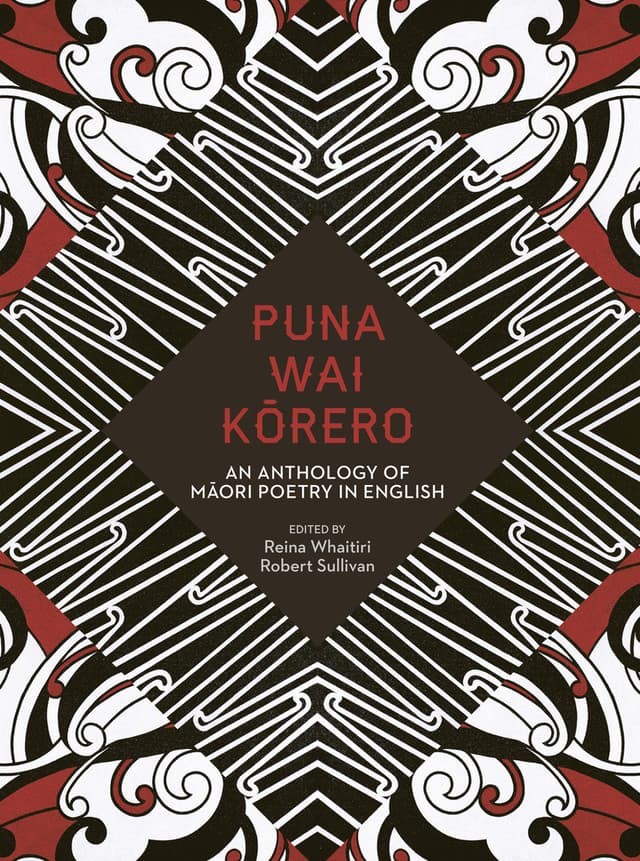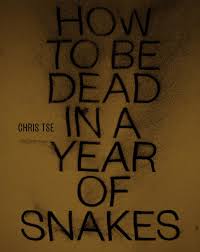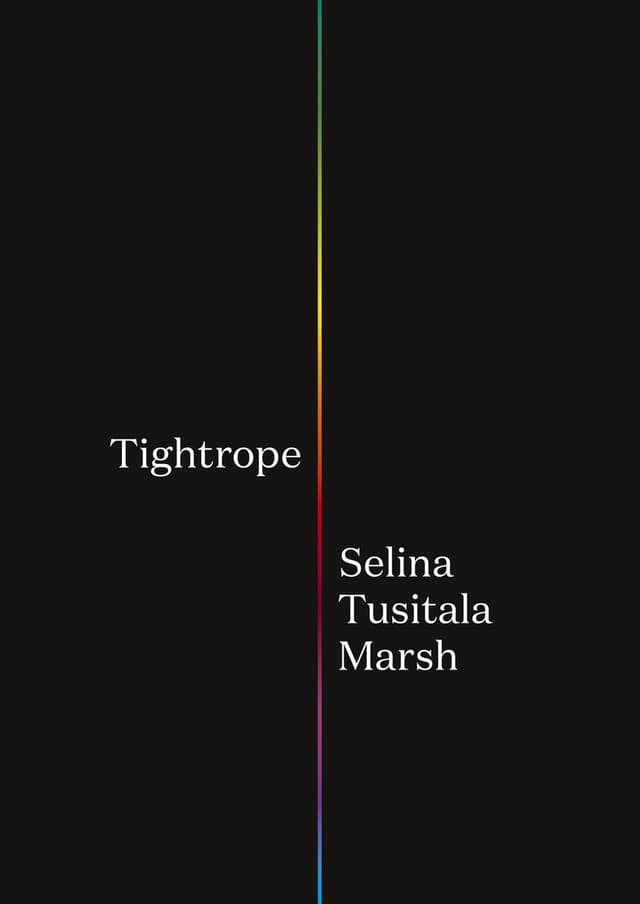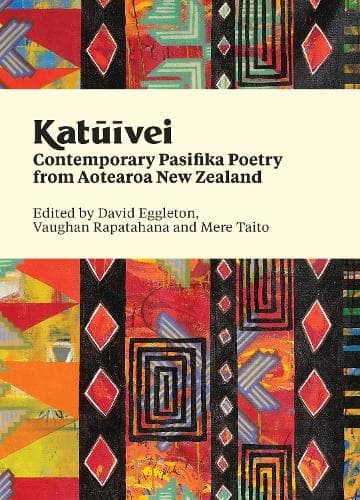Ten must-read poetry collections from the last ten years
Ten (or eleven) poetry books, in no particular order, from the last ten years. Collections that ought to be read, that ought to rock your world, and which say something important.
The poetry world is a dynamic one, full of nooks and crannies, darkness, hope, anger, and humour. Each year, poets in Aotearoa produce wide-ranging bodies of work, collections and anthologies, published in a variety of ways: through small presses, university presses and self publishing. Occasionally a large publisher puts out a collection. Journals publish regularly.
Poetry from Aotearoa is idiosyncratic, energetic and delightful, and to pick only ten 'must-read' collections, even from the last ten years, isn't something that can be done, despite this article's title. There are plenty of important works which are not on this list. But here is a slightly arbitrary list of ten (okay, eleven!) poetry books, in no particular order, from the last ten years that ought to be read. That ought to rock your world. Books that say something important, from one poet or collections from one hundred poets.
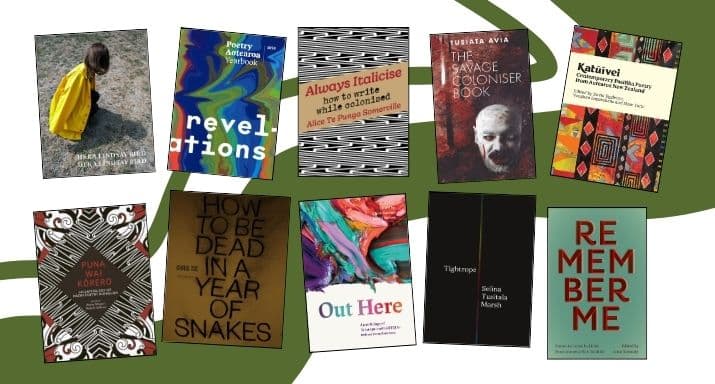
The Savage Coloniser Book by Tusiata Avia, Te Herenga Waka University Press.
'Savage is as savage does. And we're all implicated. Avia breaks the colonial lens wide open. We peer through its poetic shards and see a savage world outside, inside. With characteristic savage and stylish wit, Avia holds the word-blade to our necks and presses with a relentless grace. At the end, you'll feel your pulse anew.' – Selina Tusitala Marsh, New Zealand Poet LaureateHera Lindsey Bird by Hera Lindsey Bird, Te Herenga Waka University Press.
Winner of the Jessie Mackay Best First Book Award for Poetry 2017. 'Hera Lindsay Bird has attracted the biggest hoo-ha with a poetry book I can recall. It felt like I was witnessing the birth of a cult object. Images of the book cover on the side of a bus or a building (photoshopped?!?!) created a little Twitter buzz. Lorde tweeted. Anika Moa tweeted...' Paula Green, Poetry ShelfRemember Me: Poems to Learn by Heart from Aotearoa New Zealand, edited by Anne Kennedy, published by Auckland University Press
'Remember Me will live as a reference in libraries, homes, offices, and on desks. It could be read from cover to cover, but is more likely to passed around, dipped into, shared. As Kennedy points out, “While Remember Me is about performing word by others, it’s also about the pleasure of reciting a poem to yourself, remembering a poem in your head and your heart.”' Kete BooksPoetry Aotearoa Yearbook 2024: Revelations, edited by Tracey Slaughter, published by Massey University Press
It's probably cheating to include a yearly anthology. But this is an institution. Revelations is 2024's volume. 'Poetry Aotearoa Yearbook 24 is both sharp edges and warm embrace. It is curve and skid and sinkhole. It is open window and bleeding wound. It is echoing motifs and themes, shifting tenor of voice, variable forms.' Paula Green, Poetry ShelfOut Here: An Anthology of Takatapui and LGBTQIA+ Writers from Aotearoa New Zealand, edited by Chris Tse and Emma Barnes, published by Auckland University Press.
'[Tse and Barnes] did have a core goal: to curate something where there is need; an anthology of writers that extends beyond the binary of gay and lesbian that has previously been the extent of visibility in Aotearoa. They have included as many sexual and gender identities as possible, honouring Takatāpui and all the letters of LGBTQIA+, which is not a “mouthful” but a reflection of Aotearoa’s rainbow community. ' Demi Cox, Kete BooksAlways Italicise: How to write while colonised, by Alice Te Punga Somerville, published by Auckland University Press
Winner of the Mary and Peter Biggs Award for Poetry at the Ockham New Zealand Book Awards 2022. 'Daaaaamn, I kept breathing, as the poems kept coming; the rage and the pain honed by years of study and wordcraft. Te Punga Somerville is a scholar and poet from Te Āti Awa and Taranaki and she is done holding back.' Elizabeth Heritage, Kete BooksPuna Wai Kōrero, edited by Reina Whaitiri and Robert Sullivan, published by Auckland University Press.
'In Puna Wai Kōrero the parameters have been set wide. Critics may argue that the brush is too broad, the net too widely cast. However, I believe such gamut will determine this anthology as the prime authority on Maori Poetry in English for years, perhaps decades, to come. ' Elizabeth Morton, The ReaderHow to be Dead in a Year of Snakes, by Chris Tse, published by Auckland University Press.
Winner of the Jessie MacKay Award for Best First Book of Poetry 2016. 'This extraordinary book, speaking equally in the languages of poetry and history, ends by speaking directly to the spirit of Joe Kum Yung and its right to be honoured.' - Mary Cresswell, TurbineTightrope, by Selina Tusitala Marsh, published by Auckland University Press.
Selina Tusitala Marsh was New Zealand Poet Laureate 2017-2019. 'I loved the fierceness and strength that Marsh invokes through her writing in Tightrope. Her recognition of identity and the multiple lines that create it is especially crucial in an ever-changing world. Marsh’s own pride is a stunning facet of her identity, and it shows through in her poetry.' – Emma Shi, Booksellers NZKatuivei: Contemporary Pasifika Poetry from Aotearoa New Zealand, edited by David Eggleton, Vaughan Rapatahana, and Mere Taito, published by Massey University Press.
'Katūīvei: Contemporary Pasifika Poetry from Aotearoa New Zealand is the latest in a decades-long line of anthologies of Pasifika poetry written in English. The title is a neologism created by editors David Eggleton, Vaughan Rapatahana and Mere Taito, referencing the Rotuman verb to navigate and the tūī, bird of two voiceboxes.' Elizabeth Heritage, Kete BooksPoūkahangatus, by Tayi Tibble, published by Te Herenga Waka University Press.
Winner of the 2019 Jessie Mackay Prize for Best First Book of Poetry. 'Their language and forms are liquid—sometimes as lush as what they describe, other times deliberately biblical or oblique. It all says: here is a writer who is experiencing herself as powerful, restrained but unafraid, already confident enough to make a phat splash on the page. ' Hinemoana Baker
